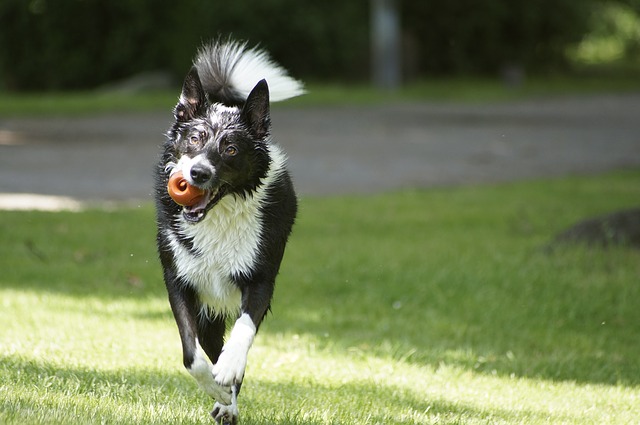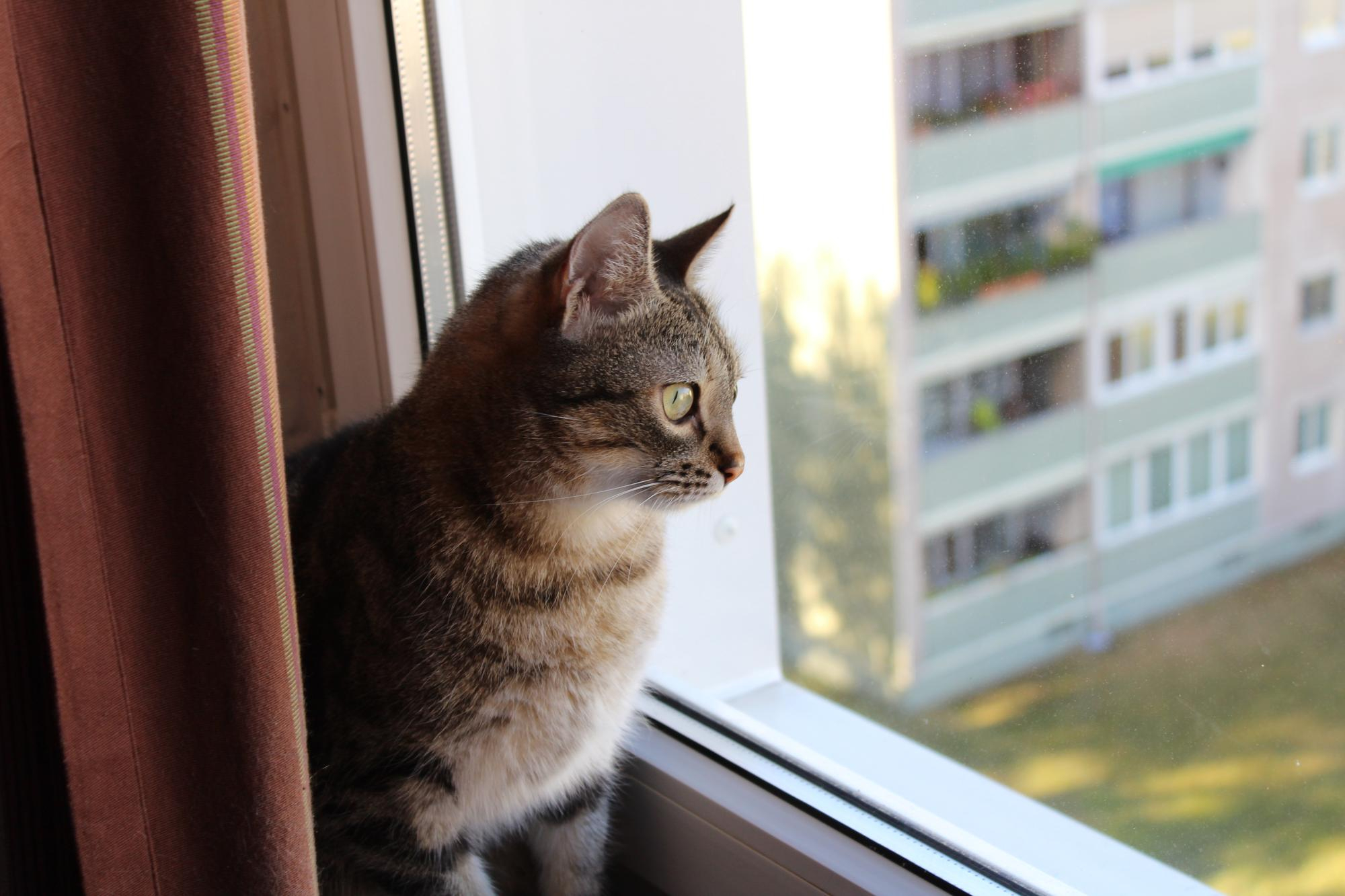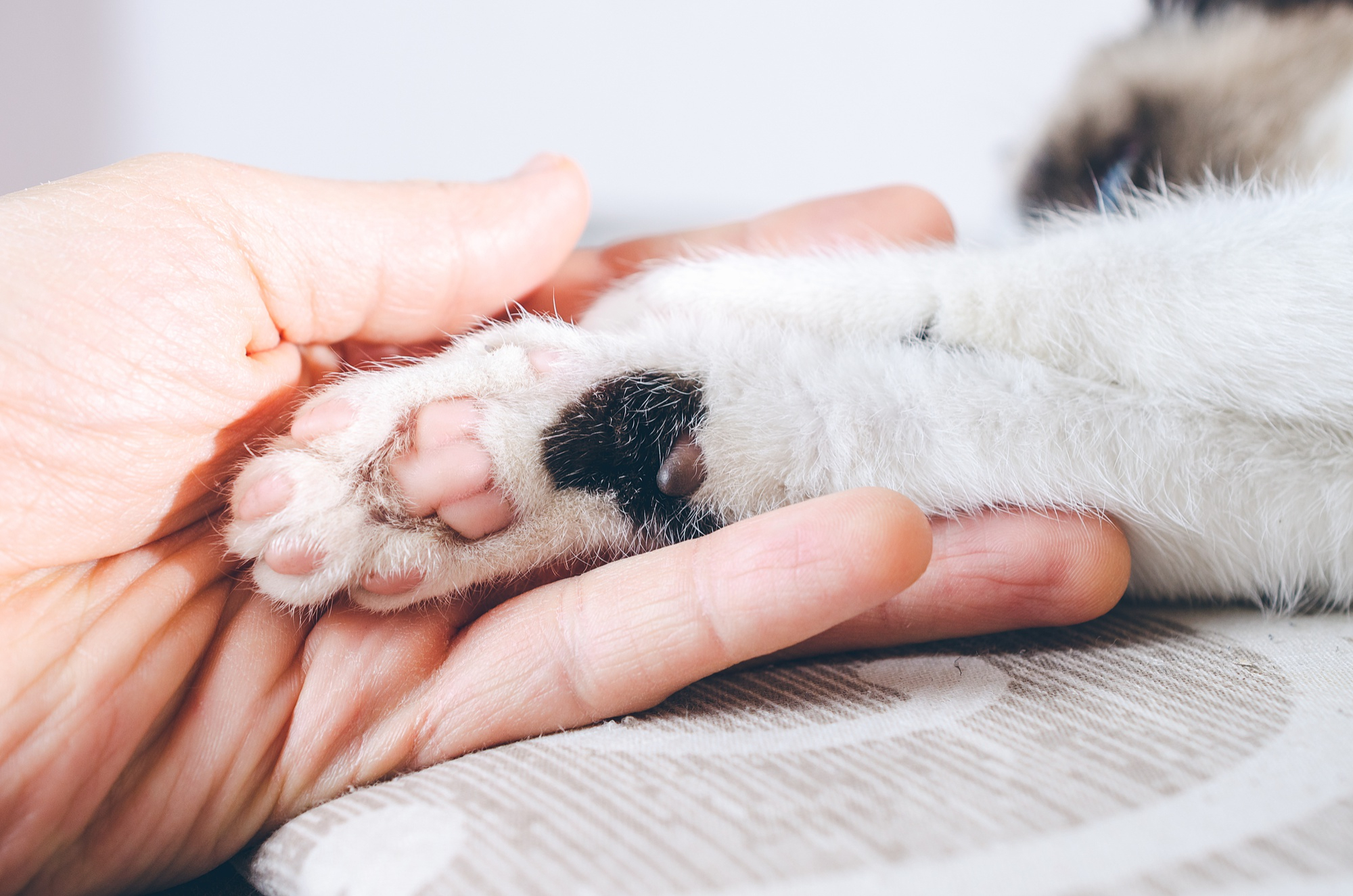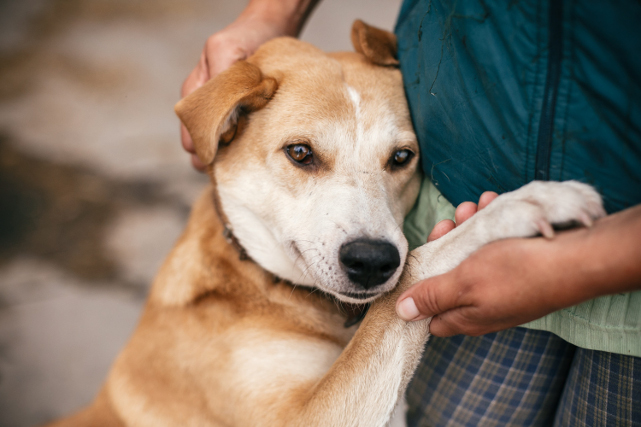When you first realize your dog has a bad odor, it’s natural to maybe feel embarrassed and also worried! However, there are several causes for that bad smell, and you can do something about it besides frantically bathing your poor pooch over and over again.
The first step is to understand the many reasons dogs develop a bad odor, to note the source, and to recognize the symptoms your dog is exhibiting. Once you know the possible causes, and in certain cases received help from your dog’s veterinarian, you will be able to cure or control the smell.
Problems, Symptoms, and Treatments for Your Dog’s Bad Smell
1. Skin Issues. Skin problems can range from canine seborrhea (oily skin with dandruff), allergies, a hormone imbalance, a fungus, parasites, dermatitis, and scratches or bites that become infected, or moist skin folds that become a site for bacterial growth.
- Symptoms – One of the first signs of skin issues is a bad skin odor that might be rancid, or musty, or stinky cheese smelling, followed by your dog’s excessive scratching and/or licking, a rash, flaking skin, or thinning hair.
- Treatments – For any skin problems it’s best you consult with your dog’s veterinarian for a proper diagnosis. As there are so many possible causes of skin issues, the treatments can vary from one condition to another. This may include external and/or internal medication for infections and dermatitis, to treatments for parasites or a fungus, to a change in diet, or for problems related to hormone imbalances, and allergies. Skin folds, especially for bulldogs, pugs, or any dog with overlapping folds, need careful and regular cleaning to keep them clean and dry. Your dog needs to be bathed often enough to keep the skin and hair and skin folds smelling sweet but not so often that there is not enough natural oil to prevent skin irritations. Your veterinarian can advise you on how much is too much or not enough.
2. Ear Infections. Bacterial infections can be caused by a lack of ear cleanliness and too much wax, or because there is a lot of hair in and around your dog’s ears which keeps them from drying out easily—and your dog loves splashing in the water!
- Symptoms – A light, yeasty odor usually means your dog’s ears need cleaning, but an ear infection is indicated by a really strong, unpleasant smell and your dog may also start shaking his head more so than usual.
- Treatments – An ear infection can be quite painful, and is serious business. You need to take your pooch to the veterinarian right away so that the pain can be eased with medication and the problem cleared up.
3. Bad Breath. Your dog’s bad breath should never be ignored. It may be caused by a dental problem, such as a build-up of heavy tartar, a dental infection, or periodontal (gum) disease. Any of these problems are not only painful, but can also they can lead to more serious mouth infections. Bad breath in dogs can also indicate gastrointestinal issues, liver or kidney problems, or diabetes.
- Symptoms – As well as bad breath, a dog with dental or mouth problems may have red or bleeding gums. Teeth might become loose and dogs may shy away from having their heads touched.
- Treatments – You should take your dog to the vet to see if the bad breath is coupled with dental or gum disease and, if so, your veterinarian can help solve the problem. If not, your veterinarian will test for other problems, which may require medication or other treatments.
4. Yeast Infection. An overgrowth of yeast is a fairly common problem for dogs and causes a pungent, musty smell that will remind you of moldy bread or cheese popcorn, and can result in ear problems, stinky paws, and smelly skin.
- Symptoms – As well as the yeasty odor, itchy paws, itchy ears, and butt scooting—because of an itchy butt—are the usual symptoms of a yeast infection.
- Treatments – Yeast are opportunistic infections that can occur on your pet’s paws, ears, or skin folds. A yeast infection usually indicates an underlying problem that creates inflammation of the skin, such as allergies. Your veterinarian can prescribe the best treatment, which usually involves either a topical or oral antifungal medication.
5. Gas Problems – A big increase in the normal amount of gas that your dog expels—flatulence—and an increase in burping and gurgling usually indicates an intestinal problem, which may be caused by various foods or from an inflammatory bowel disease.
- Symptoms – There are breeds of dogs with flat noses, such as bulldogs, pugs, and boxers, that are well-known for gas issues because the structure of their faces causes them to draw in a lot of air when they are eating, which leads to an excess of air in their digestive systems. However, if gas increases in frequency and intensity in any breed, there may be bowel issues to address.
- Treatments – It is best to consult your veterinarian to see if pooch is suffering from an irritated bowel problem and to recommend the best diet for your dog’s breed.
6. Anal Gland Odors – Impacted anal glands, which are located on both sides of your dog’s rectum, cause an odor like rotting fish that won’t go away with bathing. These glands contain an oily secretion that is released during your dog’s bowel movements.
- Symptoms – If the glands become infected or filed with thicker secretions than usual, they can’t be emptied fully, and are painful for your dog. The extremely foul odor will be left on pooch’s bed and blankets and anywhere he or she sleeps or rests.
- Treatments – Your veterinarian can empty these glands to bring relief to your dog and will suggest dietary changes to reduce sensitivities to foods causing the problem.
7. Urinary Tract Infections – Just as humans can develop urinary tract or bladder infections, dogs can too and they are just as painful for dogs as they are for us.
- Symptoms – Your dog may smell like urine and may want to go outside more frequently, may drink more water than usual, and may show signs of straining or pain when urinating. In some cases there may be blood in the urine.
- Treatments – Your veterinarian will check your dog for infections, kidney stones, and diabetes, and will prescribe the appropriate medication to deal with the pain and the problem.
8. Inadequate Grooming – If he or she isn’t bathed and brushed often enough, your pooch will carry the odor of everything smelly in which he or she has rolled, run through, and come in contact with. Rolling is a natural behavior and not one your dog has dreamed up to irritate you.
- Symptoms – The odor will be unpleasant, such as the smell of feces, and changes from one day to the next, depending on where your dog has been.
- Treatments – A good dog shampoo will remove these odors. Give your dog a daily brushing in between baths. Brushing removes dead skin, dirt, and smelly particles in your dog’s hair and on the skin. It’s also a great way to bond with your dog in general!
9. Wet Dog Smell – No matter how well-groomed your dog is, when wet, suddenly all kinds of unpleasant odors surface.
- Symptoms – The dog smells fine until wet.
- Treatments – No, the cure isn’t simply to towel-dry your pooch. A hair dryer or the warm sun will thoroughly dry the skin and hair, which is what is needed.
10. Other Terrible Odors – for example if a skunk sprays your dog, you will know by the horrible smell that’s like no other!
- Treatments – A good shampoo will take care of most bad odors, but not skunk spray. Forget all the home remedies such as bathing stinky pooch in tomato juice, and head straight to the pet store for a shampoo designed to remove skunk odors. It should be used within 30 minutes for best results.
Don’t worry if your dog develops a bad odor. Look for other symptoms and try to identify the particular smell. There is always a reason for it and there is always a solution. Your veterinarian can help.
Creative Commons Attribution: Permission is granted to repost this article in its entirety with credit to Hastings Veterinary Hospital and a clickable link back to this page.






